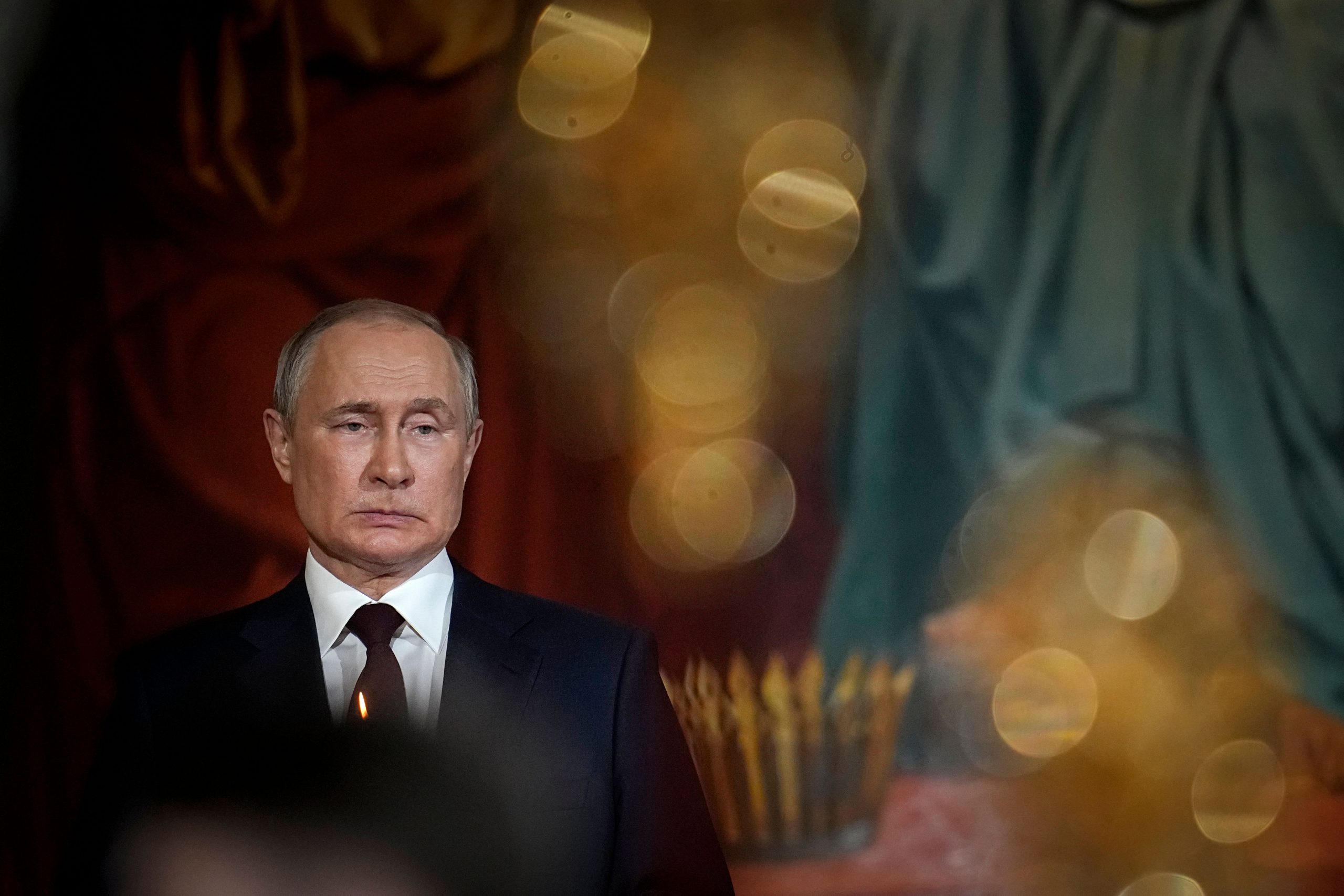The Russian Elites, Proxies, and Oligarchs (REPO) Task Force, a multinational initiative launched in the wake of the Russian invasion of Ukraine on February 24, has blocked, frozen, or immobilized Russian assets in excess of $300 billion since March.
According to a statement released by REPO on Wednesday, the task force said that it had blocked or frozen “$30 billion worth of sanctioned Russians’ assets in financial accounts and economic resources” and “immobilized about $300 billion worth of Russian Central Bank assets” in the first 100 days of the war in Ukraine.
Also read | Norway blames ‘criminal pro-Russian group’ for cyber attack: What we know
The task force added that among said assets, it had “seized, frozen, or detained yachts and other vessels owned, held, or controlled by sanctioned Russians, including the Amadea, the Tango, the Amore Vero, the Rahil, and the Phi,” in addition to “luxury real estate.”
REPO further said that it had also “restricted Russia’s access to the global financial system, making it more difficult for Russia to procure technology necessary to sustain its unjust war in Ukraine.”
However, despite these successes, the task force emphasized that its work was “not yet complete.”
Also read | ‘If Putin were a woman’: British PM Boris Johnson on Russia-Ukraine conflict
“In the coming months, REPO members will continue to track Russian sanctioned assets and prevent sanctioned Russians from undermining the measures that REPO members have jointly imposed. Together, we will ensure that our sanctions continue to impose costs on Russia for its unprovoked and continuing aggression in Ukraine and to prevent funds and economic resources from being provided to or for the benefit of designated persons,” the statement said.
Created in mid-March, weeks after Vladimir Putin marched his troops into Ukraine, the REPO Task Force consists of high ranking officials from Australia, Britain, Canada, Germany, France, Italy, Japan, the European Commission, and the United States, and has the sole purpose of crippling Russia’s ability to continue the war.







